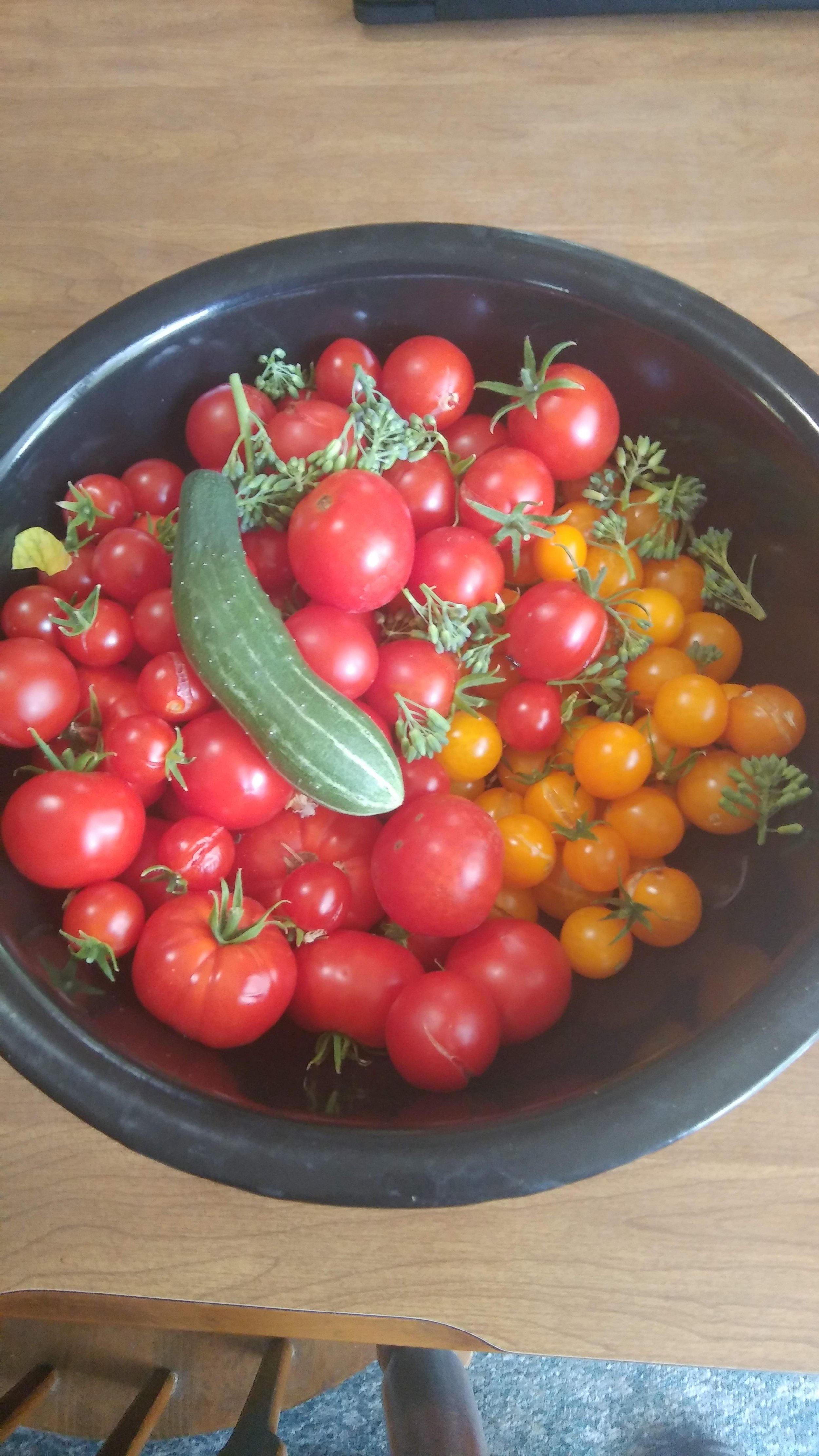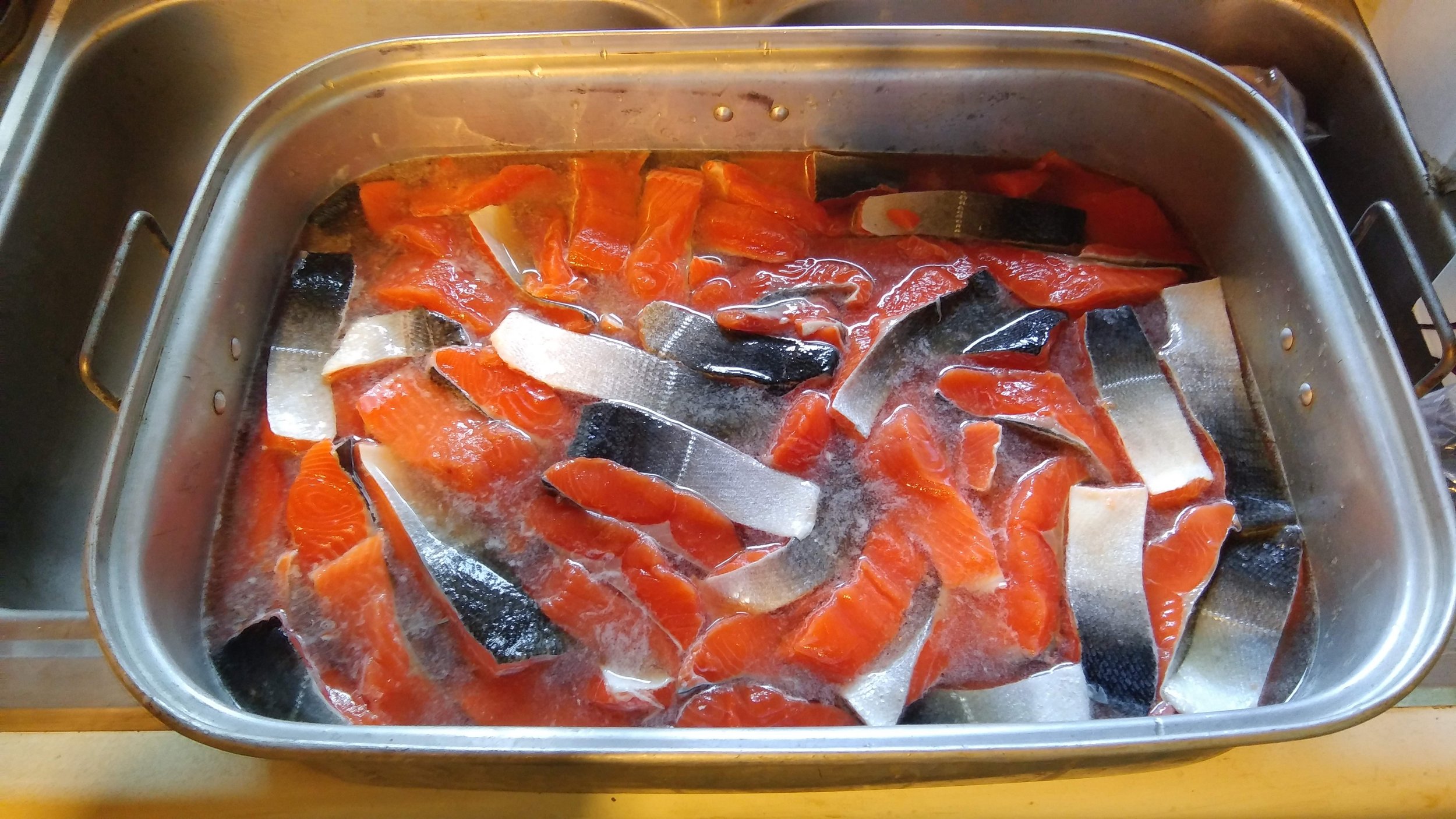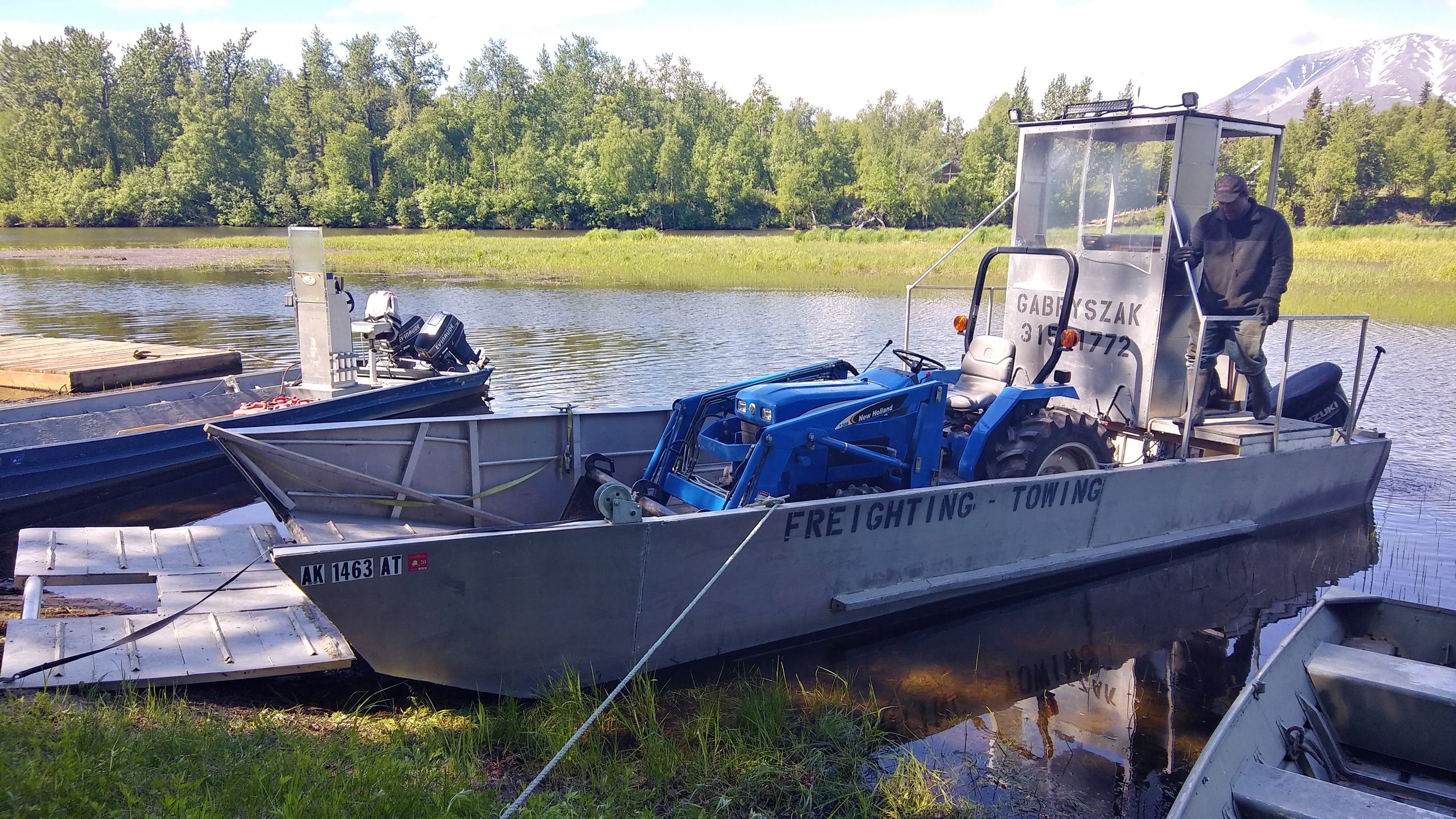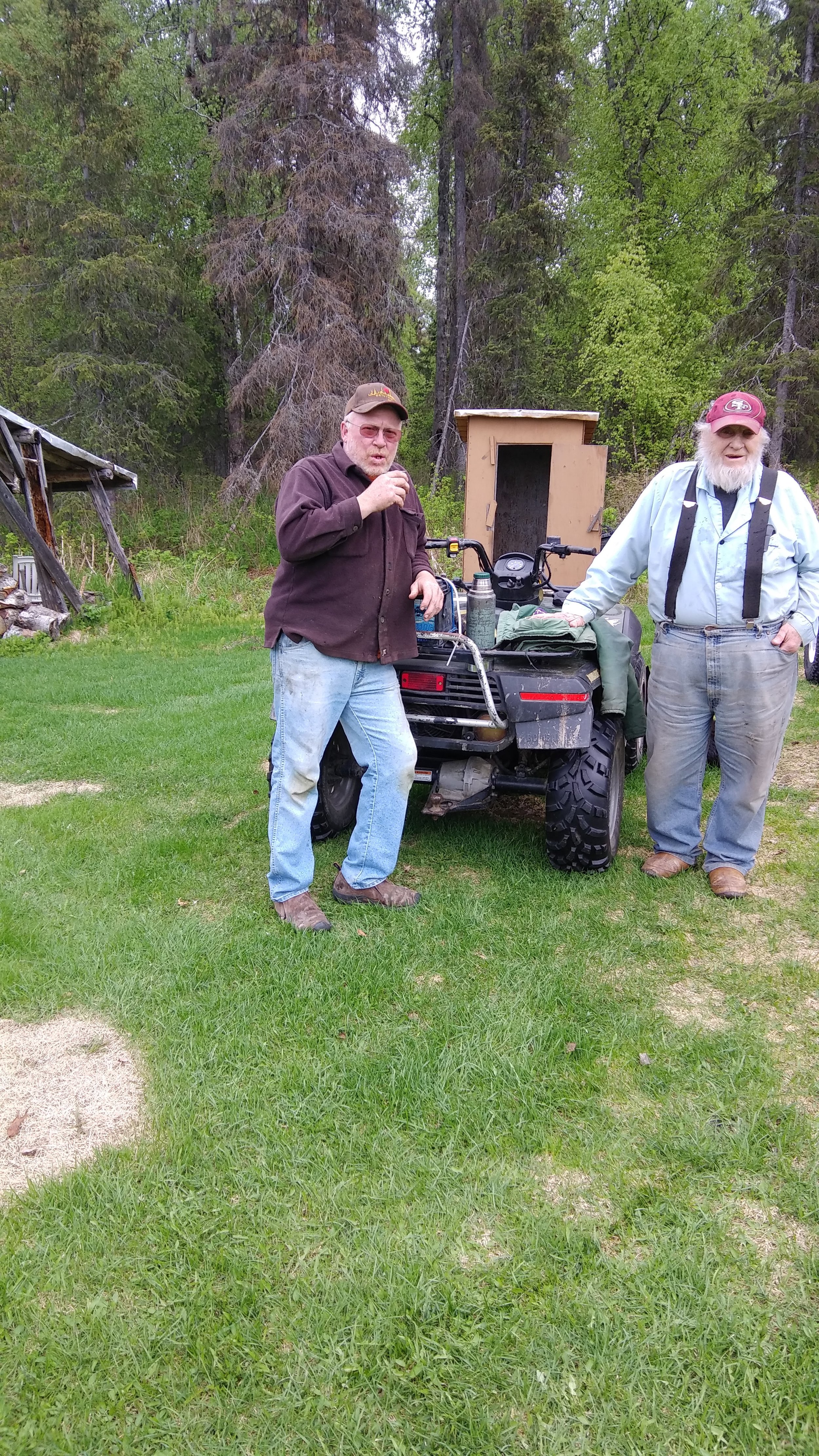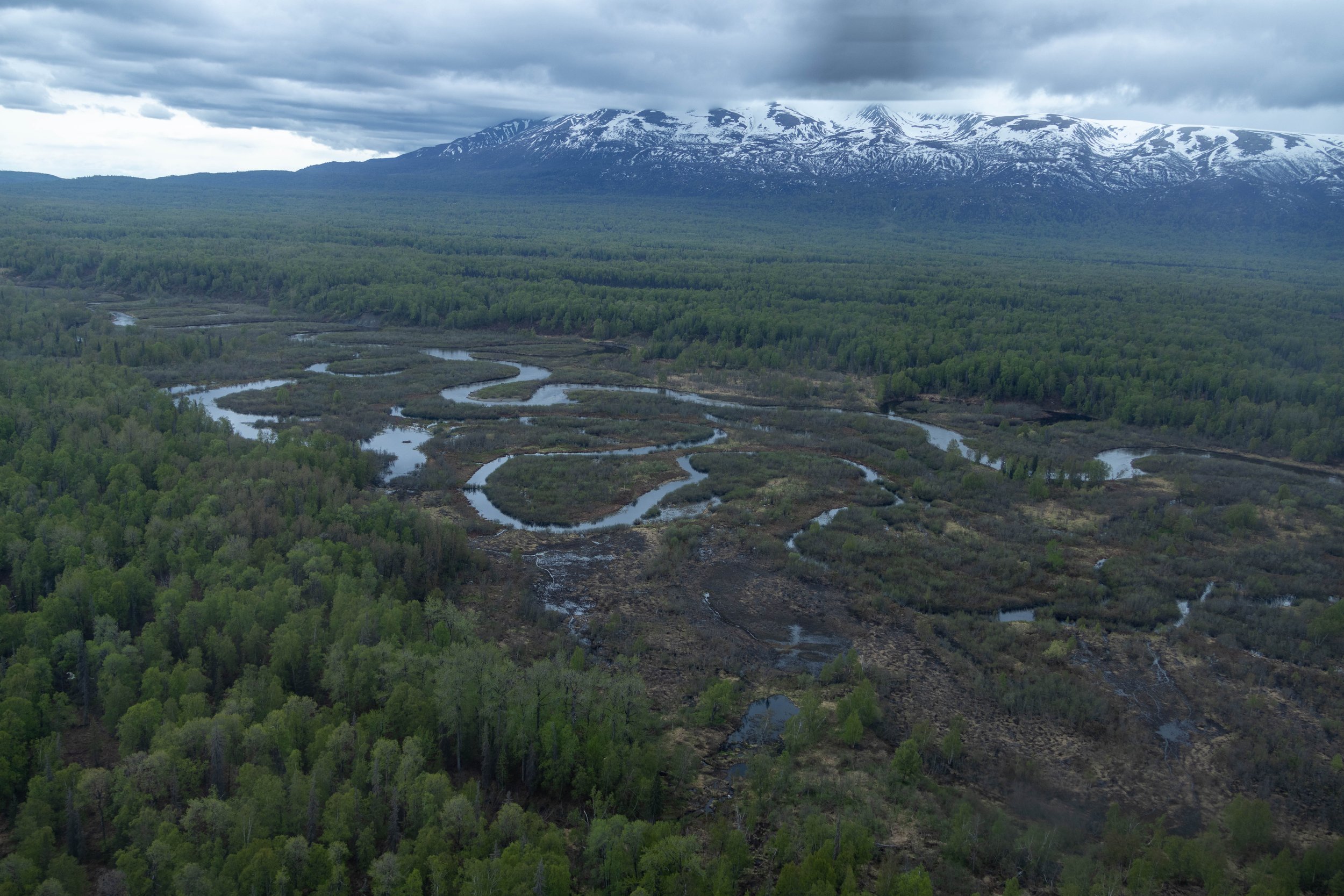Mike Mason
The state is pushing forward a publicly-funded at least $450 million industrial gravel road across the wild West Susitna region, ending at mining claims owned by Outside corporations. The road would cross 182 streams, damage Southcentral Alaska salmon habitat, negatively impact the region’s existing economy, and be paid for at the expense of projects and priorities across the state.
Defend the West Su: westsuwild.org/take-action
“I'm Mike Mason, and I’m a lifelong Alaskan. I lived up in the Mat-Su Valley for most of my life and then I moved to Alexander Creek here in 1999, because I had this dream about living in the bush. I just figured it would be a weekend type thing. And within three months I moved here. I learned the way of life around here, and started boating. All the fishing back then was really good.
I worked in the oil fields, so I'd have a two week on two week off schedule. Perfect for a single guy. It was just pure heaven out here.
I’d run most of the river. After I left my job on the slope I became a freight runner. I work for people out here. I've been here for — shoot — 24 years now, and I never will leave.”
—Mike Mason, 24-year West Susitna resident
“My most favorite memory in the West Su is the first time I ever came to Alexander Creek. We went up the Yentna to Rebel’s Roost Lodge. I lived over in Settlers Bay and I'd go out and explore. And the guy at the Rebel’s Roost said, hey, you have to check out Alexander Creek, and gave me the GPS coordinates. And I came down here right across the creek here to this lodge, Gabbert’s Fish Camp.
Beautiful snow and everything. And there's a lady there. And she says, ‘Oh, it’s supposed to snow some more.’ And I'm like, hm, I might go snowmachine. And she goes, ‘Cabins are $35. Tonight's chicken. All you can eat.’
You can pretty much say I never left. I love it.”
—Mike Mason, 24-year West Susitna resident
“I like the isolation of this place. The people, the fishing, the animals, the wildlife. Just everyday stuff. We build gardens. Subsistence hunting. Living a real Alaska dream like they did back in the fifties. We didn't have oil and all the stuff that funds our state now, but we had people that know how to do things. Guys learning to fly Super Cubs without even knowing how to, out of a box crate. The old Alaska. That's how it is here, in the West Su.”
—Mike Mason, 24-year West Susitna resident
“At one time lodges used to be the biggest thing in the West Susitna region. There were 10 lodges here at Alexander Creek. It was too many for this river. Premier fishing was the big thing.
But since then the fish have crashed somewhat. Now people have bought up land. They're people that want to build something. And there are at least seven or eight barge services. I know them all because I used to barge. Now they come down here, since I retired.
So there’s all the barging services, there's the charter services that bring people to their cabins. People that drill wells, helicopter things in. Northern Pioneer, they make money. Trail Ridge Air, they make money.
The people that go to lodges — they don’t want to see a truck going by down on the road. They want the wilderness experience. And the people that can get them there are the charter services. The people that can deliver their propane, their fuel, their new washing machine is the barge service. And me, myself — I build everybody's stuff. I do retaining walls, or paint their houses, or fix their generators. And there's many people that do that up and down this river system. It’s an economy within itself, big time. It's a good economy, and people depend on it.”
—Mike Mason, 24-year West Susitna resident
“We have all these people from different walks of life.
Some of them have the skill to build something. Some don't. We have weekenders, we have people that live here. And they all depend on each other.
I bet every weekend in the summer I have three or four people call me and say, hey, do you and Nancy need eggs, or lettuce or something? And then on the other hand, they call me and say, how's my place? I tell them, ‘Oh, I checked it. It’s fine.’”
It’s a whole mix of different people. All of them, regardless of their opinions on, say, politics or something, we all agree on one thing: We're not here for a road. We're here for what we bought the places for in the first place. To enjoy the wilderness.”
—Mike Mason, 24-year West Susitna resident
“Since the 1970s, we've had all kinds of proposals for roads, for different things. Gas lines or whatever. We've heard this song and dance many times. We know it's a mini economic boom for engineering firms and stuff like that. But this time is different. It scares us.
The West Susitna Industrial Access Road is a waste of taxpayer dollars. It's gonna be another boondoggle, like the bridge to nowhere. The port to nowhere. The railroad tracks with no tracks and the Susitna dam that we've already spent, I don't know, I guess $300 million on over the years. It’s all gonna be the same thing. That’s important. We could spend our taxpayer dollars on something else.
But besides that, the most important thing is, this is a way of life. And people don't understand that. They're gonna say, ‘Oh, you're just one of those, not in your backyard type of people.’ But it is a way of life. That's why we're here. We didn't carve something out of the land, we didn't get generators so we can have our own deals. We don't cut our own wood, buy boats and stuff so we can get to where we want — to have an industrial mining road.”
—Mike Mason, 24-year West Susitna resident
“Half a billion dollars — good gosh. We could spend that on education. Healthcare. Homelessness in Anchorage. I can think of a million uses. People don’t understand the cost that’s gonna come with this. The cost, the maintenance and everything. Fixing the roads we already have. We all know, go down the Glenn Highway and there's all the ruts and everything. They can't even maintain what they already have. We could spend it on everything. Anything.”
—Mike Mason, 24-year West Susitna resident
“I know the route that the West Susitna Industrial Access Road is going on, and I've been on the whole route over my life. Coming up to the river itself, you're gonna have to have a huge bridge. And it's right in an area where it’s Athabascan land.
All the river crossings, all the creek crossings and the salmon-bearing places there, it's gonna affect them. And if you go along the whole route, you start from the Su River and you get to Alexander Creek where they propose to cross and have a boat launch. There's no water there. It's 30 feet wide and too shallow for anything but a small skiff or airboat. And then you get past there, and you get into the wetlands, and you're going be in the wetlands for a long ways up to Talachulitna River.
We were talking about access, but people need to know about that terrain there. For most of the way from Alexander Creek to Skwentna River, it's gonna be wetlands. And there's gonna be no real access to your cabins off here. You're gonna build a trail the whole way. Most people can't afford it. There's not gonna be all these pull offs to go hunting. It’s not gonna be public access like people think it's gonna be. It won't be that way.
The terrain from Skwentna up to Rainy Pass — there’s not that many people that can benefit from it. Just a mine.
The terrain changes all the way through. None of it is compatible with having a road, or beneficial to people that live here. It doesn't pan out.
I understand people in town thinking, ‘Oh, I can go explore.’ I would too. But they're not gonna get to explore like they think they're going to. It's not for the people. It's for a mine. And they need to know they’re the ones paying for it.
They're gonna ruin people's ways of life. People that have spent years developing something, and that’s ruined.”
—Mike Mason, 24-year West Susitna resident
“I’d like people to know mainly that if they build this road, that doesn't mean you're gonna get access to anything. I know the route. None of it is compatible to having a road, or beneficial to people that live here. It sounds selfish that we want to keep things like it is. But if the people lived like we do and experienced what we do, they wouldn't even think about building the road. And if they lived out here and sat there, raising a calf because mama got killed by a grizzly bear or had foxes coming over and visiting you, or ruffed grouse hanging out in the yard all the time, you'd have a different perspective on things.
I don't blame them, but everyone needs to pay attention to what's going on and really educate themselves because listening to radio ads about access isn't gonna do it. They're just being fooled.
If people experienced this lifestyle, they would not want the road. Bottom line.”
–Mike Mason, 24-year West Susitna resident




